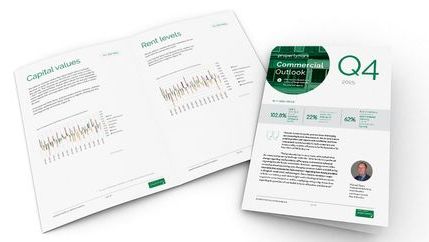- You are here:
- Homepage
- Resource library search
- FAQs: Non-domestic private rented property: minimum energy efficiency standards for commercial property
Related resources
Commercial Outlook Q4 2025
Latest insights reveal the sector is showing growing resilience, with easing inflation, a lower base rate, and rising rents helping to rebuild confidence despite ongoing structural challenges. Shifting consumer behaviour, targeted regeneration, and smarter use of data and technology are set to define the next phase of commercial property growth.
Joined-up thinking on EPCs is needed to balance with housing reality
Energy efficiency policy has major implications for the private rented sector (PRS), homebuyers and sellers, and the wider housing market. Our response to the UK Government’s consultation on reforms to Energy Performance Certificates (EPCs) and the introduction of the Home Energy Model sets out clear recommendations to ensure changes are grounded in real-world property conditions and avoid unintended consequences for supply.
English Housing Survey shows professional agents vital to raising housing standards
Housing quality and energy efficiency underline the progress made, and the scale of the challenges still facing the sector is the headline finding in the EHS (English Housing Survey). Policy ambitions must have clear guidance, realistic timescales, workable exemptions, and sustained funding to reflect the diversity of the housing stock. Active involvement by qualified property professionals is also a must if raising standards is to be achieved.
Warm Homes Plan sets 2030 energy efficiency deadline for the PRS
The UK Government is investing £15 billion and promises a major push to cut bills, tackle fuel poverty, and accelerate home upgrades. In response to our campaigning, the initial 2028 deadline for new tenancies has been scrapped and, with a lower cap amount, property owners will be expected to spend less on upgrades. However, we remain concerned that landlords are being asked to deliver significant change without sustained, targeted support.





